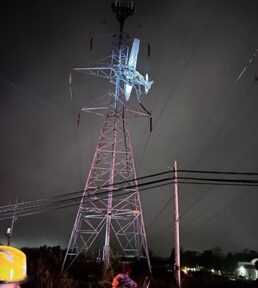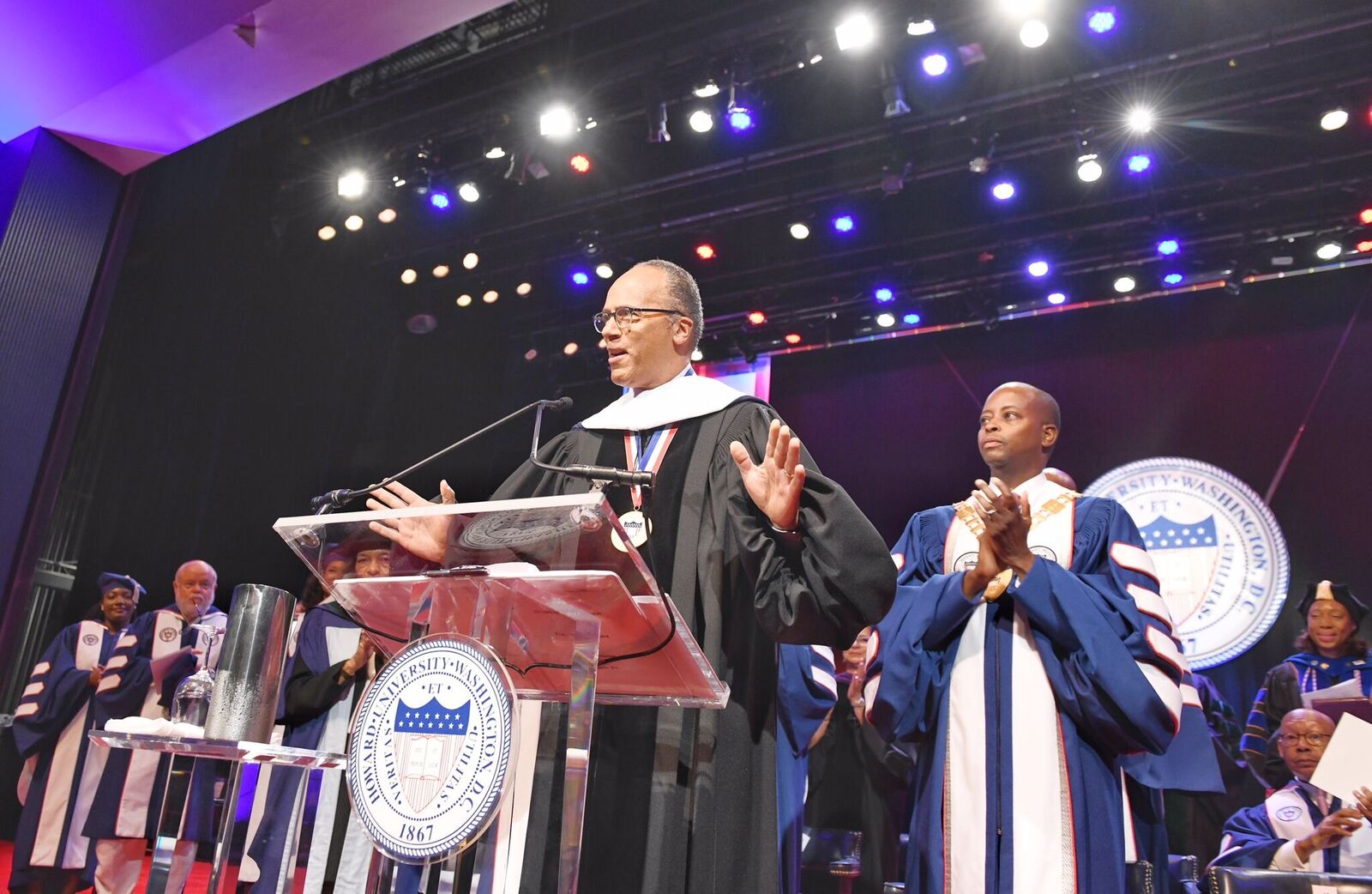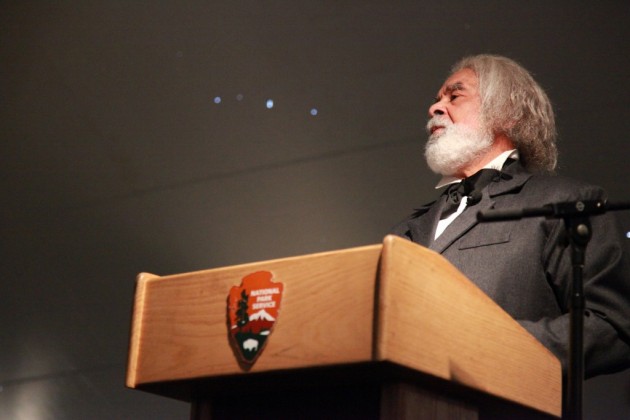According to EconomyPolicyInstitute.org, the rate of African immigration has doubled every decade since the seventies. As the U.S. continues to advance in education, technology, and medicine, African natives continue to immigrate to America in pursuit of careers. One of these immigrants is registered nurse John Adebayo. Howard University students know him as “Nurse Josh.”
Immigrating from Nigeria to D.C. in 1990, Adebayo lives a stable life with his wife and two children in D.C. neighborhood, Sixteenth Street Heights. He has a two-story house, a white picket fence, great neighbors and a six-figure paycheck.
“Life is good. Life is comfortable and I’m able to provide for my family,” says Adebayo.
But for Adebayo, life wasn’t always this comfortable. What no one knows is that almost three decades ago, “Nurse Josh” was fleeing for his life.
In the 1990’s, Nigeria’s economy was dependent on the wealth of the petroleum trade. However, the wealth gained from the trade only benefited thirty percent of the Nigerian population; the rich. The other seventy percent of the country was left below the poverty line.
According to BlackPast.org, in response to the government’s abandonment, there was an ongoing battle between the “Nigerian government, the Nigerian military and the foreign oil companies in the Nigerian Delta.” Government resistance was at an all-time high and parts of the country were overwhelmed by continuous crime.
In an effort to prove a point, the military began to execute their resistance by kidnapping and murdering Nigerian women and children.
Two of the people slain were close to Adebayo: his sister and mother.
“I remember waking up to about three gunshots and hearing my sister Nadia’s scream,” Adebayo said. “When I ran into the kitchen, I saw my mom laid across the floor, and my sister near the entrance of the door, lifeless. I was thirteen. I never forgot that, and at that point, my god-father took me in and four months later decided that we would move to America.”
Adebayo knew he wanted to pursue a career in medicine. However, due to the prevalence of crime and limited economic advancement, opportunities in Nigeria for education and a career were minimal.
According to The Washington Post, "Washington D.C. was ranked as the second most popular destination for African immigrants. More than 161,000 African immigrants reside in the District and of these immigrants, Ethiopians and Nigerians accounted for 55,000 of this population.”
Howard University Swahili professor Leo Muaka says, “What most people don’t know is that 40% of African immigrants have a degree. Most African immigrants come to D.C. to study biology, finance, chemistry, and education. After college, they go on to be doctors, financial advisors, nurses, and teachers who are said to make 55,000 more dollars with a degree than the average American.”
“Growing up, we went to school, but outside of math and English, our career interests weren’t invested in,” Adebayo said.
“As an inspiring nurse, I wanted to be in the field training and eventually studying at a university. My city lacked the resources and the money, but America seemed full of opportunity. So, it wasn’t so much of a choice. It was my last chance,” he said.
Twenty-eight years later, Adebayo has two degrees and works as a registered nurse at Howard University Hospital in Northwest Washington.
Howard University Hospital nurse Doniece Williams says, “John is the first one to show up to work and the last to leave. He comes to work with intentions to change people’s lives, regardless of race, sexuality, age, or background. That’s what real nurses do.”
But as an immigrant who at one point fled for his life and risked it all to pursue his career, Adebayo is thankful for the opportunity to serve.
“With the country we live in right now, under the administration of [President] Trump, the division is spreading. Immigrants are being shamed and cast out. Which is why I work as hard as I do,” Adebayo said.
“If I as an immigrant can work long shifts to save the lives of American people who often speak out against immigrants, maybe that act alone will be enough to change the perspective.”




